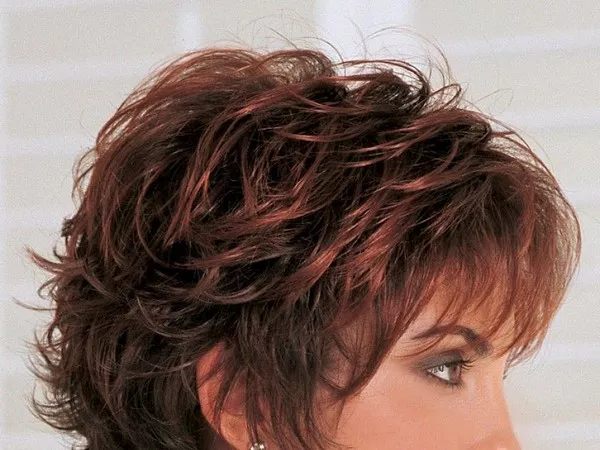Hair loss can be a distressing concern for many individuals, leading them to explore various supplements and treatments to promote hair growth. Vitamin B12, a water-soluble vitamin, has gained attention for its potential role in supporting healthy hair. In this article, we will delve into the relationship between B12 and hair loss, explore the recommended dosage of B12 for hair health, and discuss its benefits and considerations.
1. The Link between B12 and Hair Loss
Vitamin B12, also known as cobalamin, plays a vital role in various bodily functions, including red blood cell formation, nerve function, and DNA synthesis. Some studies suggest that a deficiency in B12 may contribute to hair loss. B12 deficiency can lead to anemia, which reduces the oxygen supply to hair follicles, impeding their growth and leading to hair thinning and loss. Additionally, B12 is involved in the metabolism of amino acids, essential for hair protein synthesis.
2. Recommended Daily Intake of B12
The recommended daily intake of B12 varies depending on age, sex, and life stage. For adults, the recommended dietary allowance (RDA) is typically 2.4 micrograms (mcg) per day. Pregnant and lactating women may require higher B12 intake. For individuals over the age of 50, the RDA may increase due to decreased B12 absorption from food sources.
3. B12 Supplements for Hair Loss
If you suspect a B12 deficiency and experience hair loss, it is essential to consult with a healthcare professional before starting any supplementation. A simple blood test can determine your B12 levels and help your doctor recommend the appropriate dosage. In cases of a confirmed deficiency, B12 supplements may be prescribed to restore optimal levels.
4. Considerations for B12 Supplementation
a. Form of B12
B12 supplements are available in various forms, including cyanocobalamin, methylcobalamin, and hydroxocobalamin. Cyanocobalamin is the most common and stable form found in supplements. However, some individuals may prefer methylcobalamin, which is the active form of B12 and may have better absorption and utilization.
b. Dosage and Delivery
B12 supplements come in different strengths and delivery methods, such as oral tablets, sublingual (under the tongue) tablets, and injections. The appropriate dosage and delivery method will depend on your specific needs and health condition. Always follow your healthcare provider’s recommendations.
c. Interactions and Side Effects
B12 supplements are generally considered safe when taken as recommended. However, high doses of B12 may interact with certain medications or medical conditions. Additionally, excessive B12 intake may cause mild side effects, such as diarrhea or skin rash. It is essential to inform your healthcare provider about any existing medical conditions or medications you are taking before starting B12 supplementation.
5. B12-Rich Foods for Hair Health
While supplementation can be beneficial in cases of deficiency, incorporating B12-rich foods into your diet is a natural way to ensure adequate intake. Foods high in B12 include meat (such as beef, poultry, and fish), dairy products, eggs, and fortified cereals. For vegetarians and vegans, fortified plant-based milk and nutritional yeast are excellent sources of B12.
6. Comprehensive Approach to Hair Health
While B12 is essential for hair health, it is just one piece of the puzzle. A comprehensive approach to hair care includes a balanced diet, sufficient hydration, stress management, and proper hair care practices. Incorporate other hair-friendly nutrients such as biotin, iron, zinc, and vitamins A and C to support overall hair health.
Conclusion
Vitamin B12 plays a crucial role in various bodily functions, including hair health. While B12 deficiency may contribute to hair loss, supplementation should only be considered under the guidance of a healthcare professional. The recommended daily intake of B12 for adults is 2.4 micrograms. Alongside supplementation, a diet rich in B12 from animal and fortified plant-based sources can help maintain optimal B12 levels. Remember that hair health is influenced by multiple factors, and addressing deficiencies, maintaining a healthy lifestyle, and adopting proper hair care practices contribute to overall hair wellness. If you are concerned about hair loss or B12 deficiency, consult with a healthcare provider to determine the best approach for your individual needs.

